National Care Service - complaints: findings summary - easy read
This report sets out findings we have gathered through research and co-design that relate to complaints and redress.
Part 5
Co-design – what we learned

As we said in part 4, we learned 5 main things from these co-design activities:

- It should be easier to find out how to complain
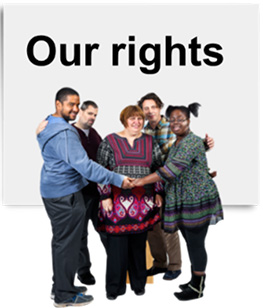
- People should be told about their rights and how to make a complaint or provide feedback when their rights are not met
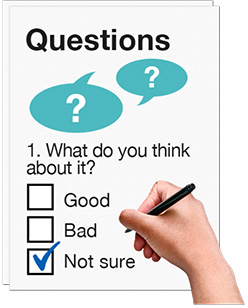
- Services should ask people using their service for feedback to fix issues quickly and improve their services
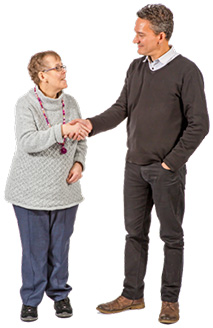
- Good conversations with the people who deal with complaints helps people to trust that their issue will be fixed

- People want to know that their complaint or feedback will make services better
Services should ask people using their service for feedback to fix issues quickly and improve their services

The third thing we learned from these co-design activities is that services should ask people who use their service for feedback.
This will help services to fix issues quickly and improve their services.
People told us:
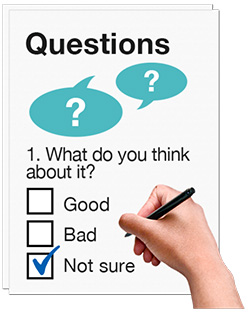
- they would like to give feedback about NCS services. They would like to do this often
- some people would like to give their feedback to the people delivering their care
- some people suggested that services should send them surveys or questionnaires

- they would like services to learn from feedback and not blame staff when something goes wrong with their care

- they would like services to notice and fix issues quickly so that people do not need to complain

- the word complaint can be negative and make it harder for people to tell services about an issue
- some people would like to use the word concern instead

During these co-design sessions one person said that it would help staff if people tell them about a problem right away so they can try to fix it quickly.

Another person told us that complaints are important to help services to learn and improve. Complaints should not be used to blame people or services when something goes wrong.

Another said that some services might think the person is moaning. Making a complaint sounds serious.
We will use what people have told us to create a National Care Service that:
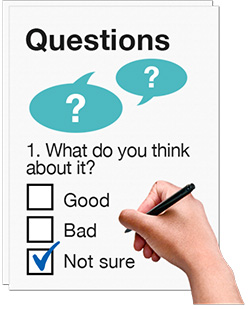
- asks people for their feedback about services they use

- uses feedback to learn and improve services

- fixes people’s issues quickly
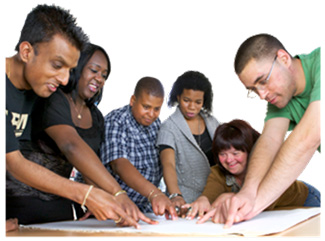
We will continue to run co-design sessions. We will speak to people who use and deliver services to understand how the National Care Service can support people to provide feedback and have issues fixed quickly.
Good conversations with the people who deal with complaints helps people to trust that their issue will be fixed

The fourth thing we learned from these co-design activities is that building relationships with the person who deals with a complaint is important. This helps people to:

- feel listened to and that their issue is understood

- trust that the issue will be fixed
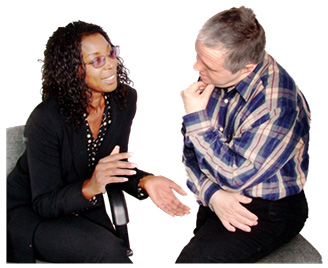
We also heard that building relationships helps the person who deals with the complaint to understand the issue and how to fix it.
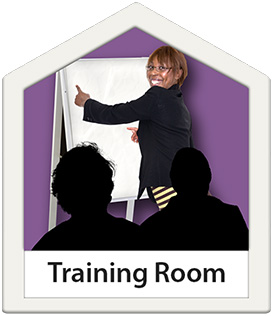
People also told us that people who deal with complaints should have training that helps them to:
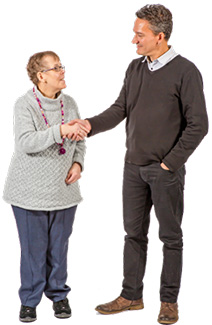
- show kindness and understanding

- fix issues
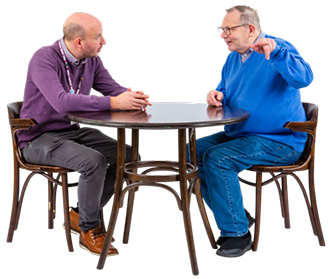
- be trauma-informed

Being trauma-informed is a way that services work. They understand that people might have had difficult experiences in their life and do not want to make this worse.
Trauma informed services aim to build trust and a relationship with people to help them feel safe to get the help, support and care that they need.

People also told us they would like services to have trained staff to deal with complaints. This will give care staff more time to help people.
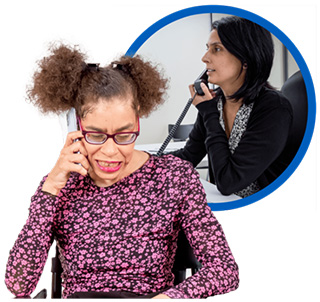
One person said that it is important to build a good relationship between the person making the complaint and the person dealing with the complaint quickly.

Another person said that their local council used to have someone who handled all complaints that was excellent.

Another person said that there is a lot of training available to staff to support them to deal with complaints. They also said this training is not always seen as important.
We will use what people have told us to create a National Care Service that:
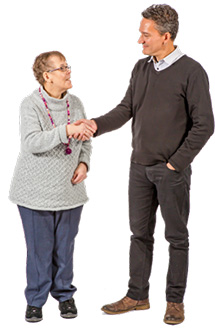
- understands the importance of building trust and good relationships
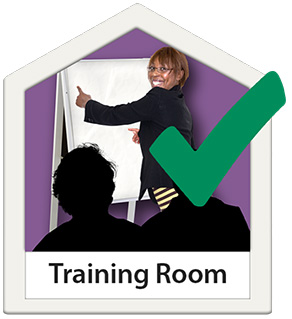
- will look at what training is available to help staff to deal with complaints and how this can make the handling of complaints better
People want to know that their complaint or feedback will make services better

The fifth thing we learned from these co-design activities is that people want to know that their complaint or feedback will make services better.

People told us it is important to know how their complaint or feedback has made services better for everyone.
People also told us they would like services to:

- notice when something has gone wrong and to make an apology

- learn when something has gone wrong to make services better

- use information and data about complaints to understand what is working well and what to improve
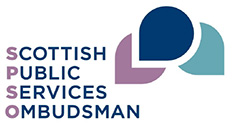
We also heard that people would like to continue to be able to send their complaint to people who work independently from services they use. For example, the Scottish Public Services Ombudsman (SPSO).
Read part 2 to learn more about the SPSO.

One person said that when someone makes a complaint, they need to be told how that will make the service better.

Another person said that if people are not told how their complaint will make services better, they might feel disappointed. This might mean they do not give feedback in the future.

Another person said that when they made a complaint nothing happened. No one makes sure that things are fixed.
We will use what people have told us to create a National Care Service that:

- understands how people would like their problem to be fixed when they make a complaint

- learns from complaints to make services better
Contact
Email: NCScommunications@gov.scot
There is a problem
Thanks for your feedback